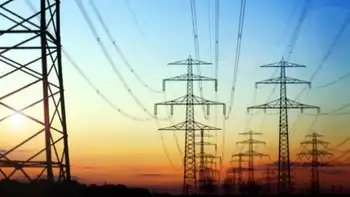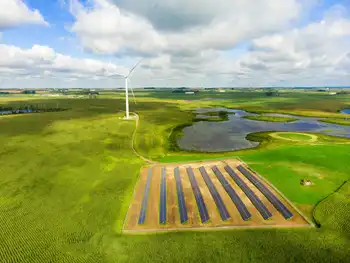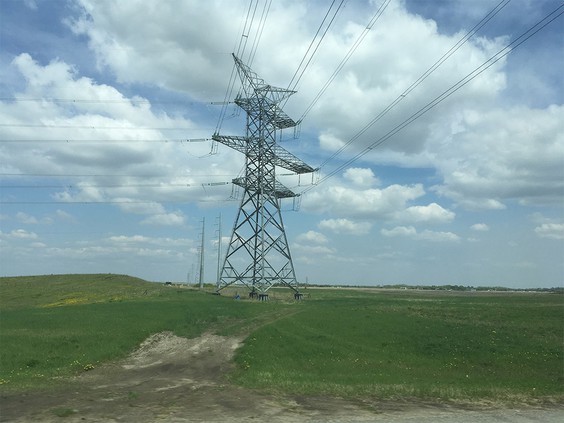Almonds and renewable energy
KERN COUNTY, CALIFORNIA - California Almond handlers are investing in renewable energy as climate change legislation, market forces and customer demand are driving an interest in sustainable alternatives to traditional fossil fuel energy.
Several almond huller/shellers and processors have installed solar power systems to offset the cost of purchasing traditional energy from electric utilities. The initial impact of cap and trade under AB32 will be increased electricity rates for power generated from fossil fuels.
Some are also exploring the use of gasification or pyrolysis technologies to convert almond shells into renewable energy. While biofuels are being explored, the technology is not yet as advanced as solar.
Biofuels have been proven to work, but there are still many details to work out with these newer technologies. Its a bit like the Wild West out there as to the claims. The costs, efficacy, and regulatory compliance still need to be explored, said ABCs Gabriele Ludwig.
In the meantime, solar power is currently the most implementable alternative energy source for almond handlers looking for ways to reduce their reliance on traditional fossil fuel sources of energy, she said.
Paramount Farms in Kern County installed a 1 megawatt solar farm in May 2007 on eight acres of land as part of its move toward becoming a green facility, said Ed Surber, the companys director of engineering and maintenance. With 8,000 individual solar panels, the solar farm provides from 7 percent to 13 percent of the facilitys annual energy use, he said.
At Minturn Nut Co., General Manager Keith Rigg says he is hopeful a new twounit solar system installed last spring will generate up to 90 percent of the power needs for its office and processing plant.
Both Rigg and Surber expect that with rebates and federal tax incentives, they will see a return on investment within about five years. Surber said that Paramount received $5 million in rebates and tax incentives toward the $8 million installation, though handlers noted that rebate incentives are diminishing every year.
Rigg said Minturn Nut is moving toward sustainability in all facets of its operation in response to trends in the marketplace and government regulation.
We feel sustainability is one of the most important things we as an almond industry are facing right now and this fits into the overall game plan where we are taking Minturn Nut Co.
Rigg said many of his European and domestic buyers in particular are capitalizing on the fact that they source from a green facility to help market their almonds.
We are finding that some companies and buyers make a conscientious effort to buy product from people who are working to be environmentally friendly, Rigg said.
Hilltop Ranch in Ballico and Travaille and Phippen in Manteca have also installed solar systems to provide power to its plants in advance of expected cost increases for traditional fossil fuel power.
Christine Long said federal and state climate change regulation will continue to make traditional sources of electrical power more expensive and Hilltop Ranch chose to be proactive in advance of this trend.
Utility rates have increased an average of 6.7 percent per year for the last 25 years, Long said. We anticipate annual rate increases of at least this amount going forward. AB32, along with federal mandates, will only expand the need for renewable energy. By installing solar today, Hilltop has significantly reduced its exposure to rate increases and future governmental legislation.
Dave Phippen said that while the primary incentive is economic, there is a larger story to tell by installing a new 3,200panel system that he expects to provide all the power needs for Travaille and Phippens shelling and processing operations.
All of our almonds will be processed with 100 percent green power. While we havent fully developed it yet, there is a story to market, he said.
Related News

Ermineskin First Nation soon to become major electricity generator
RED DEER - The switch will soon be flipped on a solar energy project that will generate tens of thousands of dollars for Ermineskin First Nation, while energizing economic development.
Built on six acres, the one-megawatt generator and its 3,500 solar panels will produce power to be sold into the province’s electrical grid, providing annual revenues for the band of $80,000 to $150,000, depending on energy demand and pricing.
The project cost $2.7 million, including connection costs and background studies, said Sam Minde, chief executive officer of the band-owned Neyaskweyahk Group of Companies Inc.
It was paid for with grants…




